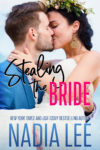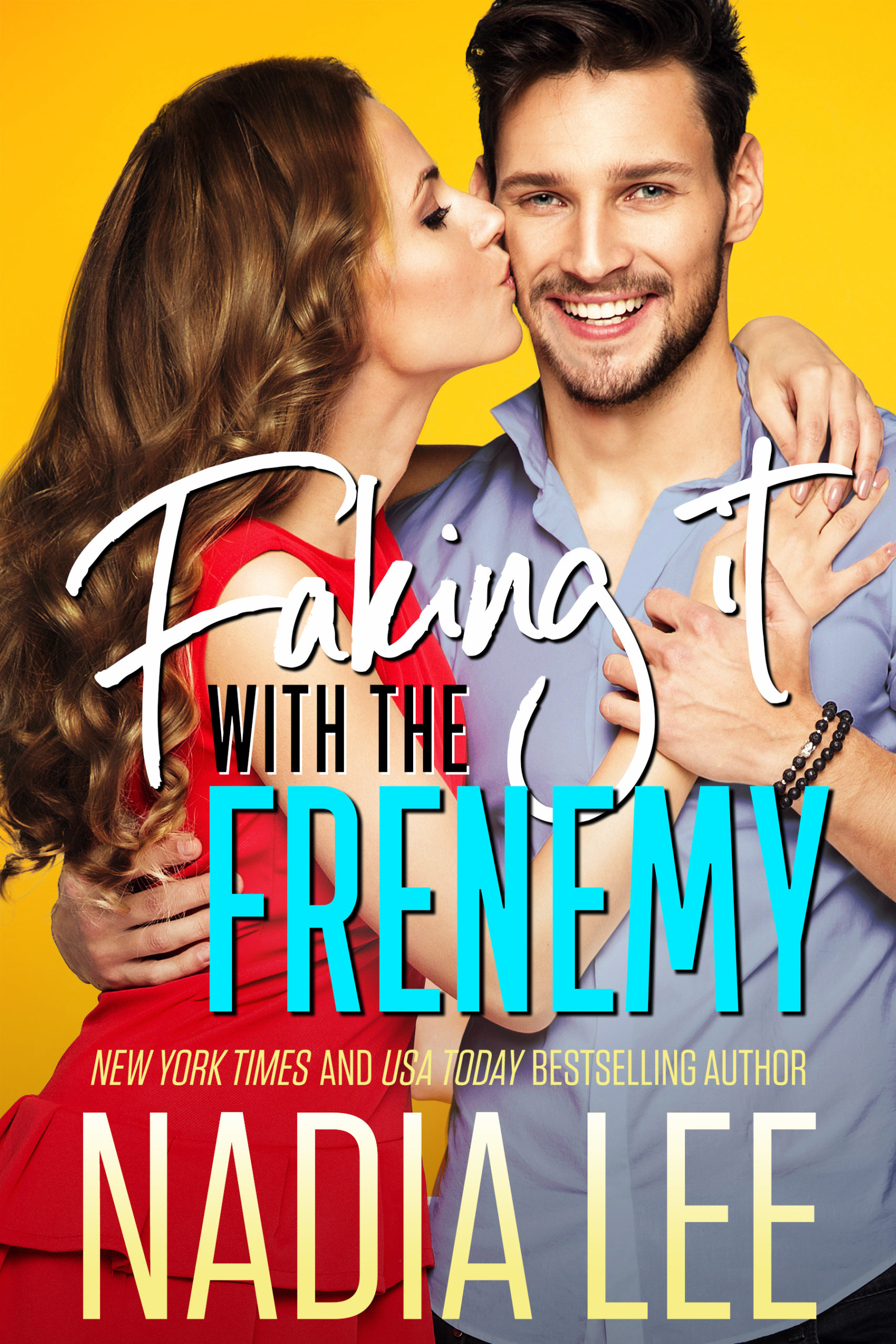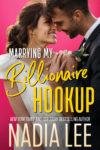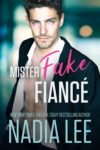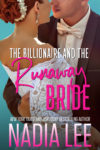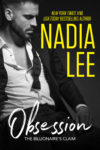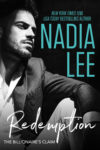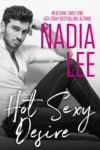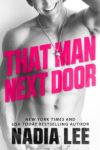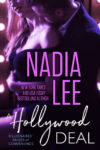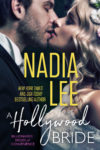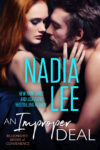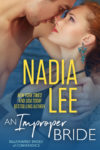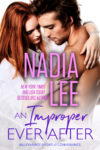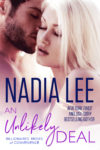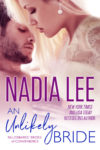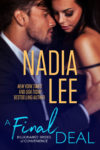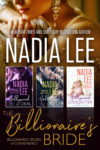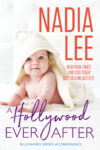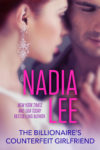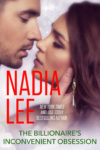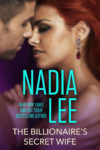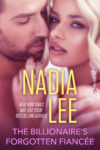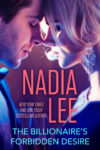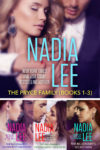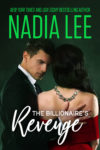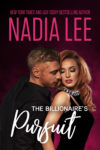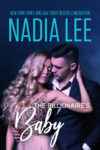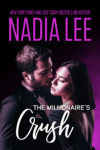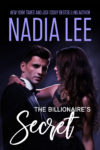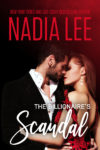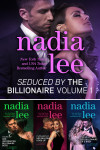10
| Aug 2010 |
 I've been critting a ton of stories recently. A lot of the crits have been for people I've never read before, and that's always scary — both for me and for the author. The author is putting their manuscript in my hands, and I'm doing my best to help them improve their work.
I've been critting a ton of stories recently. A lot of the crits have been for people I've never read before, and that's always scary — both for me and for the author. The author is putting their manuscript in my hands, and I'm doing my best to help them improve their work.
The key word in that last sentence is help. That's my intention with everything I read, but I'm the type of critter who likes to pour my thoughts out onto the page. When I receive a crit, I always find it helpful to learn what a reader is thinking when they get to certain points in the manuscript. That helps me decide if I accomplished what I intended to with a certain scene or snippet of dialogue. So in my mind, more comments = better crit.
But it occurred to me (yeah, like just now occurred to me) that others might not feel the same way, and I have this horrible worry that maybe I say too much. I always preface my remarks with things like This is just my opinion and These are only suggestions of things to think about, but sometimes, the critted manuscripts end up having solid comments down the margin of the first few pages. I'm feeling kind of dense because it's taken me so long to realize this might be intimidating to some people.
When it comes to crits, my skin is like iron (*knocks on wood* in case I just jinxed myself). You can tell me you despised my book, my heroine is too stupid to live, the hero is boring, the dialogue is cheesy, etc. I'm able to view your comments through a lens. It doesn't hurt me; it gives me things to think about. Would it be nice if you pointed out what you liked about my book, too? Sure. And that would make your crit overall more helpful to me, but it's definitely not a requirement. I'm totally cool with harsh crits.
A part of me — the nerdy part which is obsessed with statistics — wonders how many writers out there have skin as thick as mine. For example, what would be the breakdown if we classified ourselves into the following categories regarding the type of feedback we want:
- thin – Just tell me the good stuff. I need all the encouragement I can get.
- thinnish – Tell me mostly good stuff. I need to know what IS working.
- normal – I need an equal balance of the good and the bad.
- thickish – I want to know what's not working, but scatter in some encouragement.
- thick – Nothing you can say will hurt me. Tell me EVERYTHING that's wrong.
I'm guessing most people here would say #4 — thickish. That's the skin thickness my crits are intended for, but I'm wondering if I should move towards #3 and crit with an equal amount of good and bad (I really hate the term “bad”) stuff, especially if the writer is just starting out. The last thing I want to do is discourage people from writing, but I don't like the idea of telling them only the good stuff either. I don't feel like that's helping them, and really, isn't the goal of critiquing to be helpful?
So you tell me: how thick is your skin? In other words, what type of feedback do you like in the crits you receive? What about in the crits you give? And does that level of feedback change if you're critting for someone who's relatively new to writing?
Sandy Wills is an urban fantasy author represented by Joanna Stampfel-Volpe. When she's not writing or reading romance novels, she can be found masquerading as a librarian, screaming at a rock concert, or kicking butt in the latest board games. She blogs on Livejournal and is a Twitter-addict.


